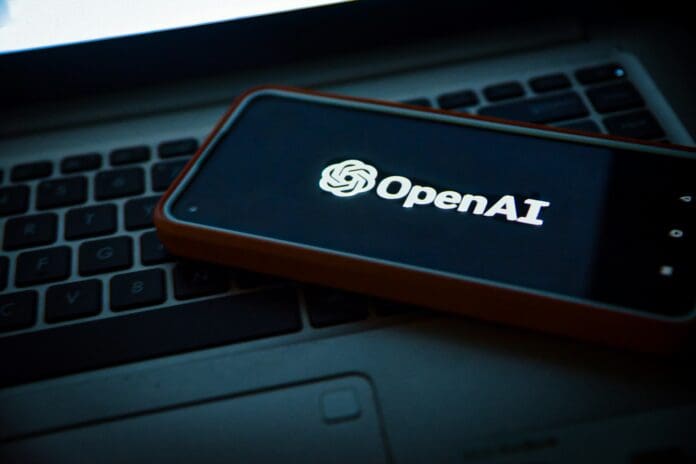This post is also available in:
 עברית (Hebrew)
עברית (Hebrew)
On September 24th, the Twitter account of OpenAI, the company behind the ChatGPT platform, was hijacked by scammers who posted a fraudulent announcement regarding a non-existent crypto token named $OPENAI. This deceptive message claimed that the token would be “bridging the gap between AI and blockchain technology” and invited all OpenAI users to “claim a piece of $OPENAI’s initial supply,” promising access to future beta programs.
The post included a link to a phishing site designed to lure victims into connecting their cryptocurrency wallets, thereby giving access to the fraudsters to steal their content. The scammers further disabled comments on the post, claiming it was a precaution against “malicious links,” an effort likely intended to prevent users from warning each other about the scam.
Fortunately, the fraudulent post was removed swiftly, and OpenAI has regained control of its account. However, this incident is not an isolated one. Just days prior, the same fake token announcement was posted on the X account of OpenAI researcher Jason Wei, after it had been compromised. In June 2023, the company’s CTO, Mira Murati, also fell victim to similar hacking, with scammers promoting the same fraudulent token. The post managed to reach tens of thousands of users before being deleted.
Despite OpenAI’s CEO Sam Altman being involved in the development of the controversial Worldcoin (WLD), the company has never announced any plans to launch a cryptocurrency token. However, the scammers’ claim about an AI and blockchain connection may resonate with many, as discussions about AI’s integration with cryptocurrency are increasingly prevalent in crypto communities.
This incident highlights the growing threat of phishing schemes targeting crypto enthusiasts, especially in the fast-evolving landscape of AI and blockchain technology. Users are urged to remain vigilant and to verify any claims of new tokens or projects.


























